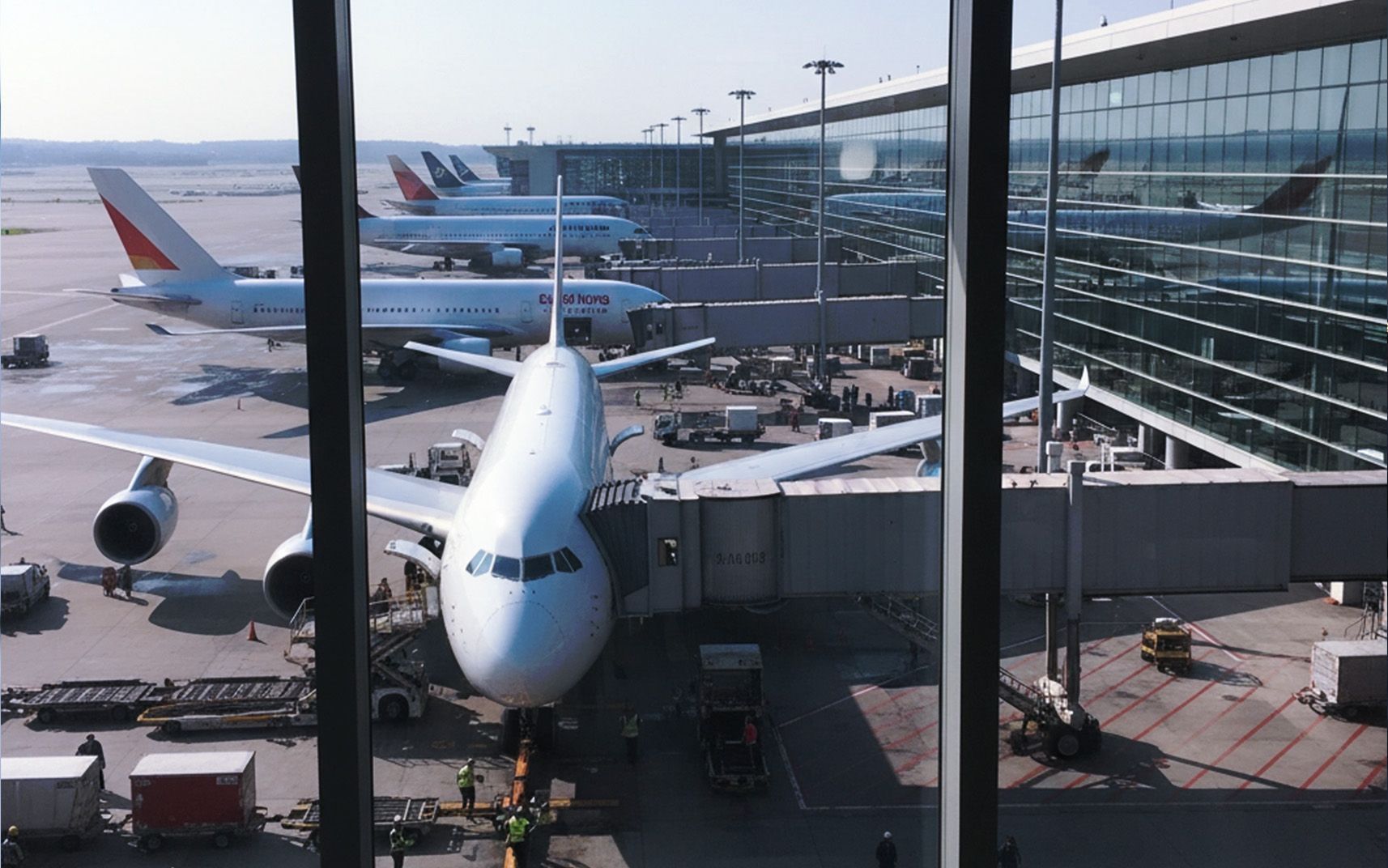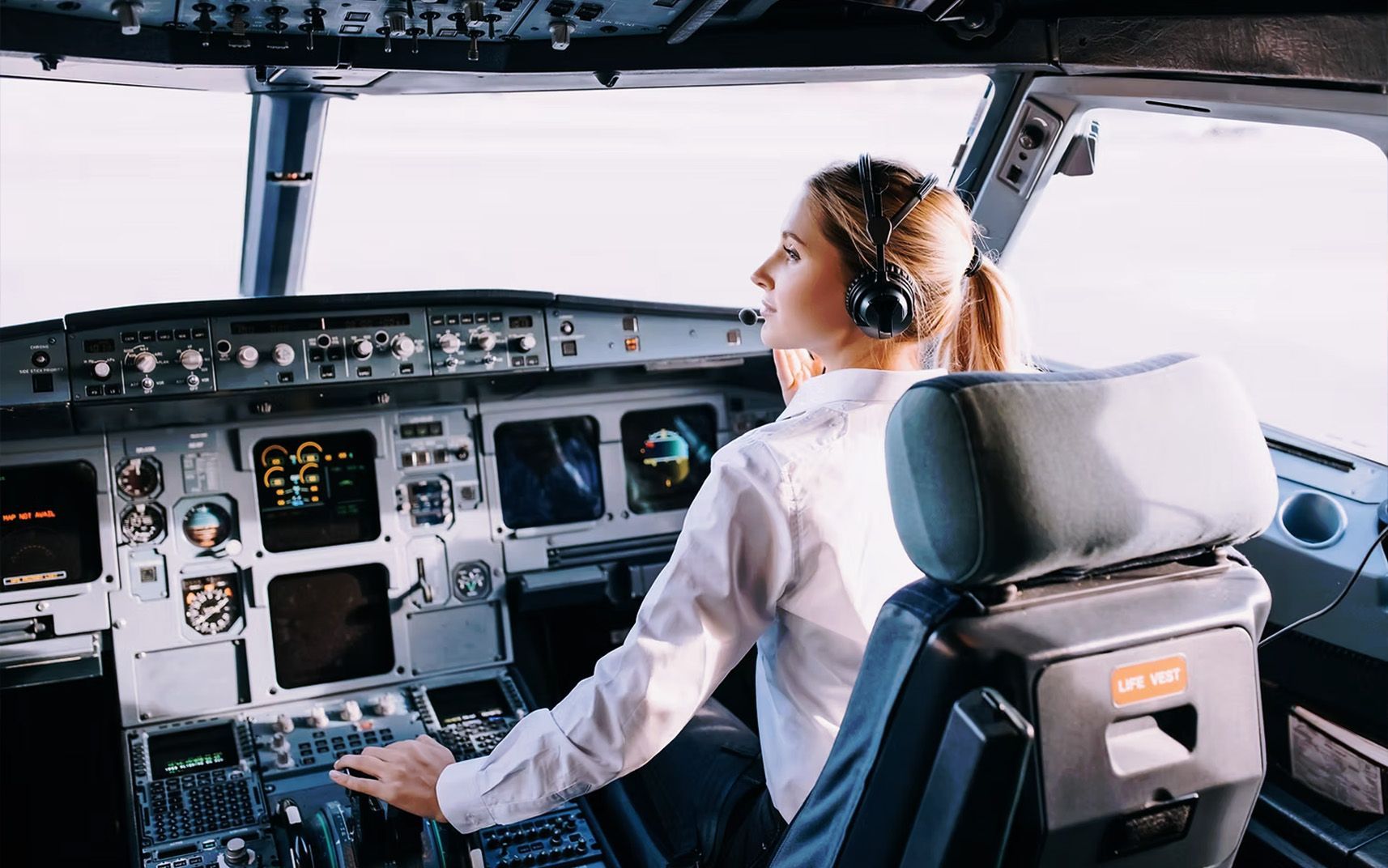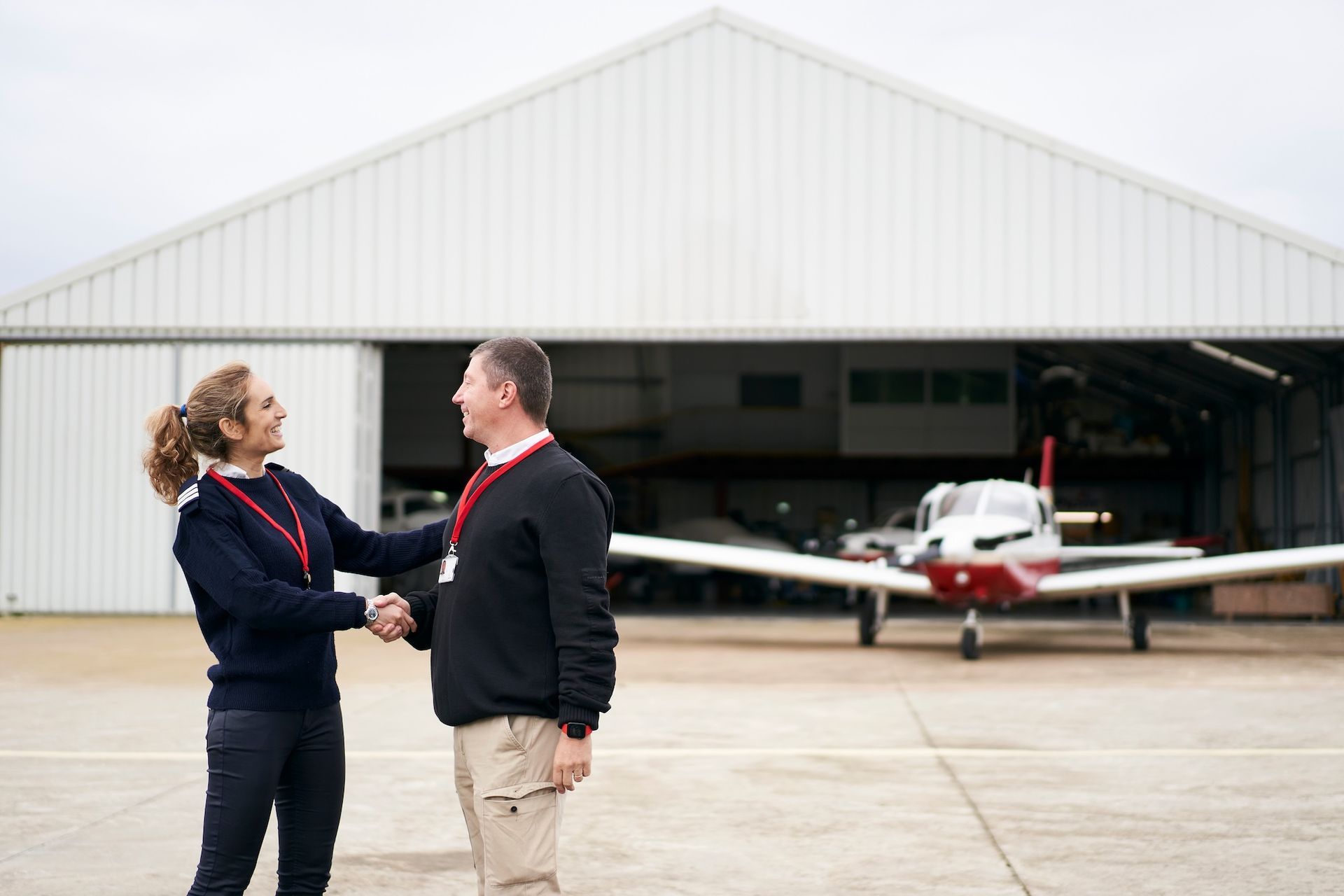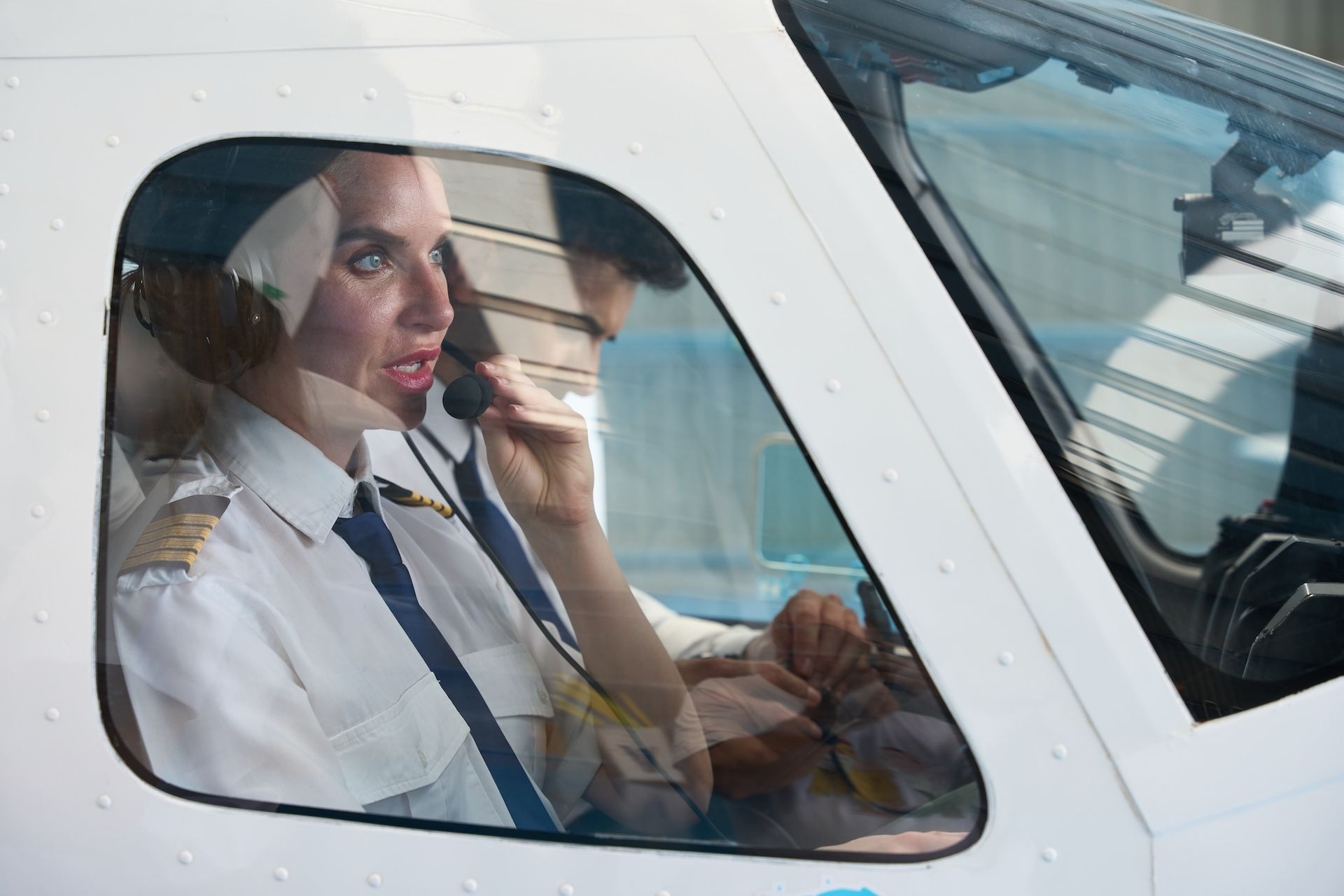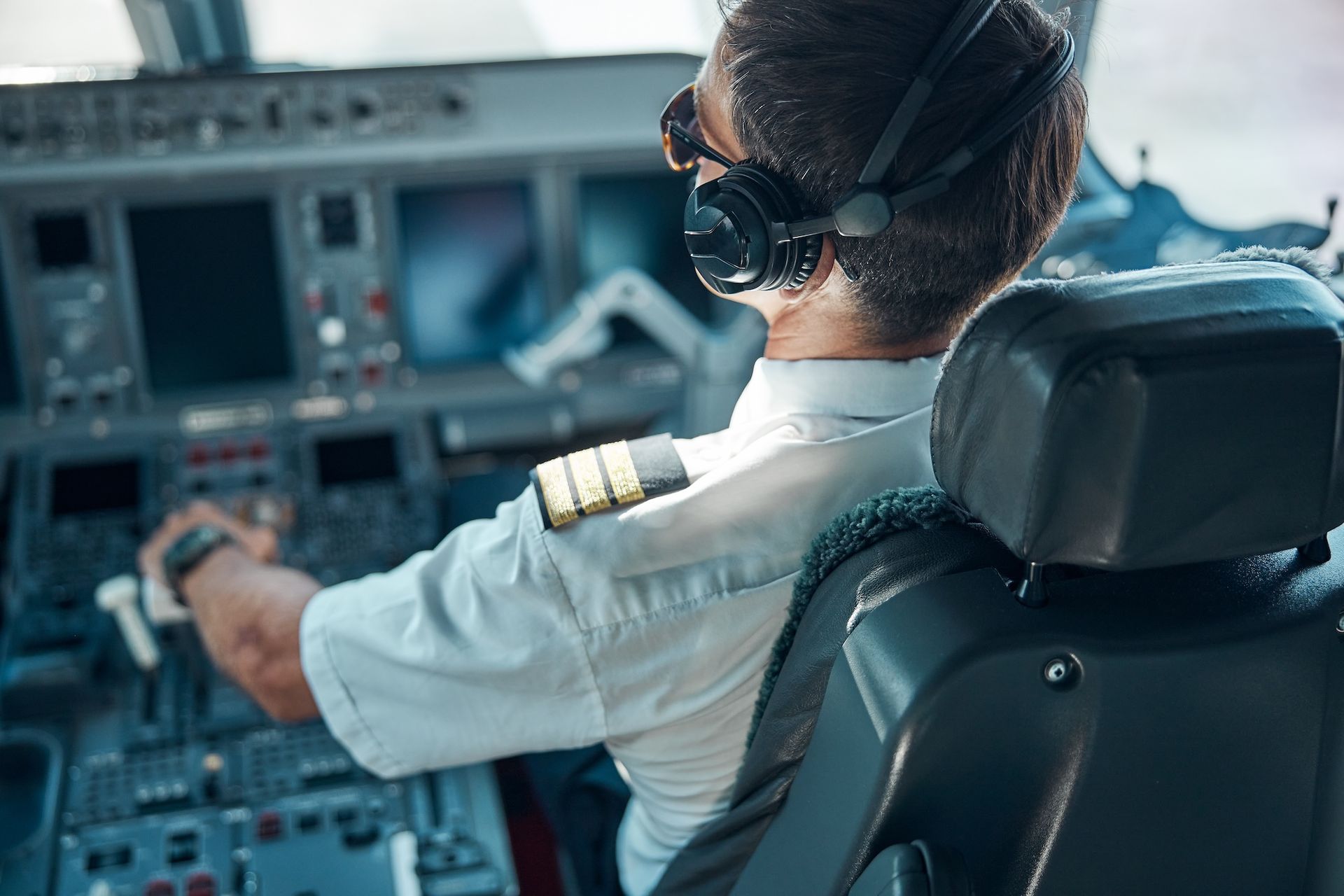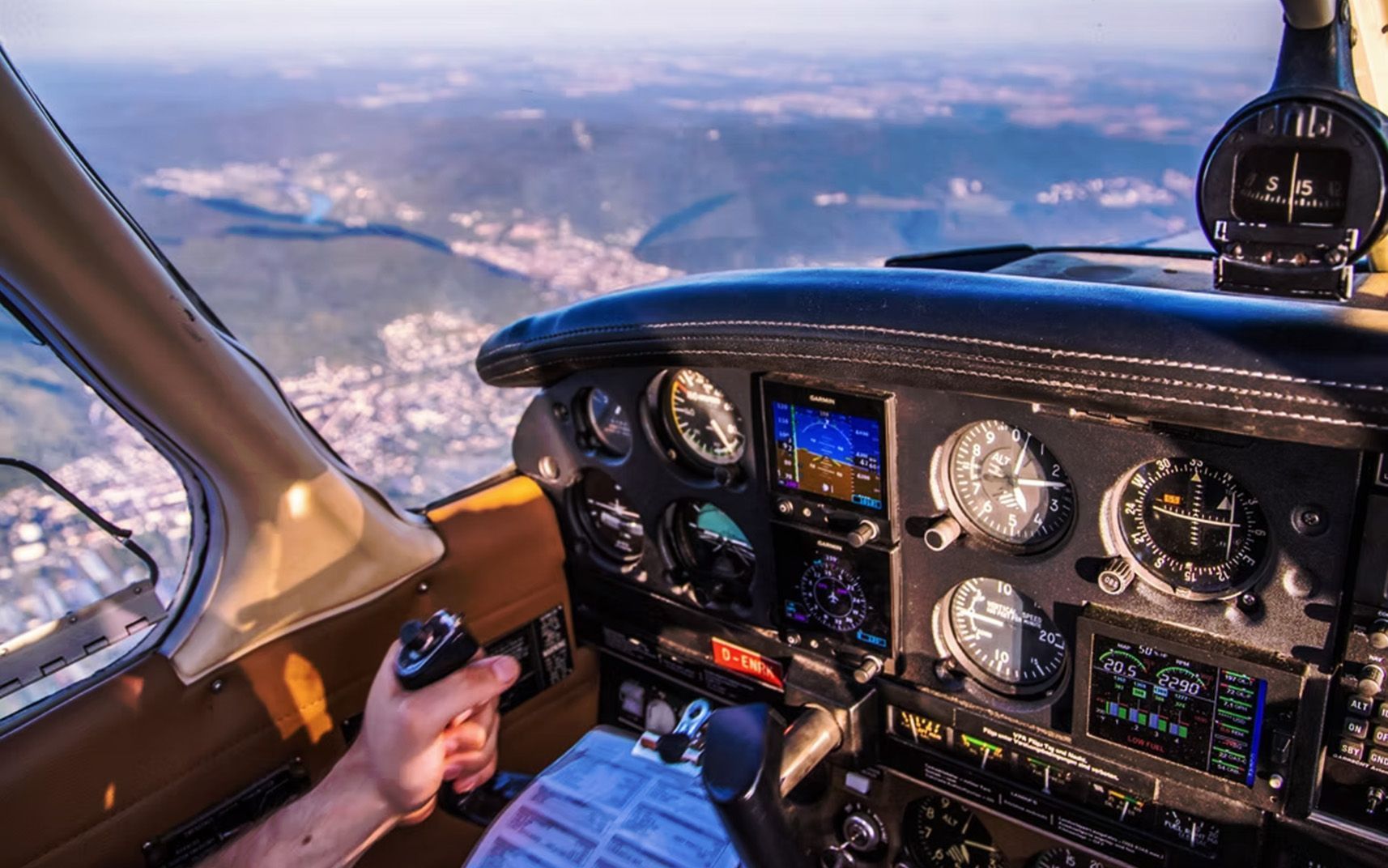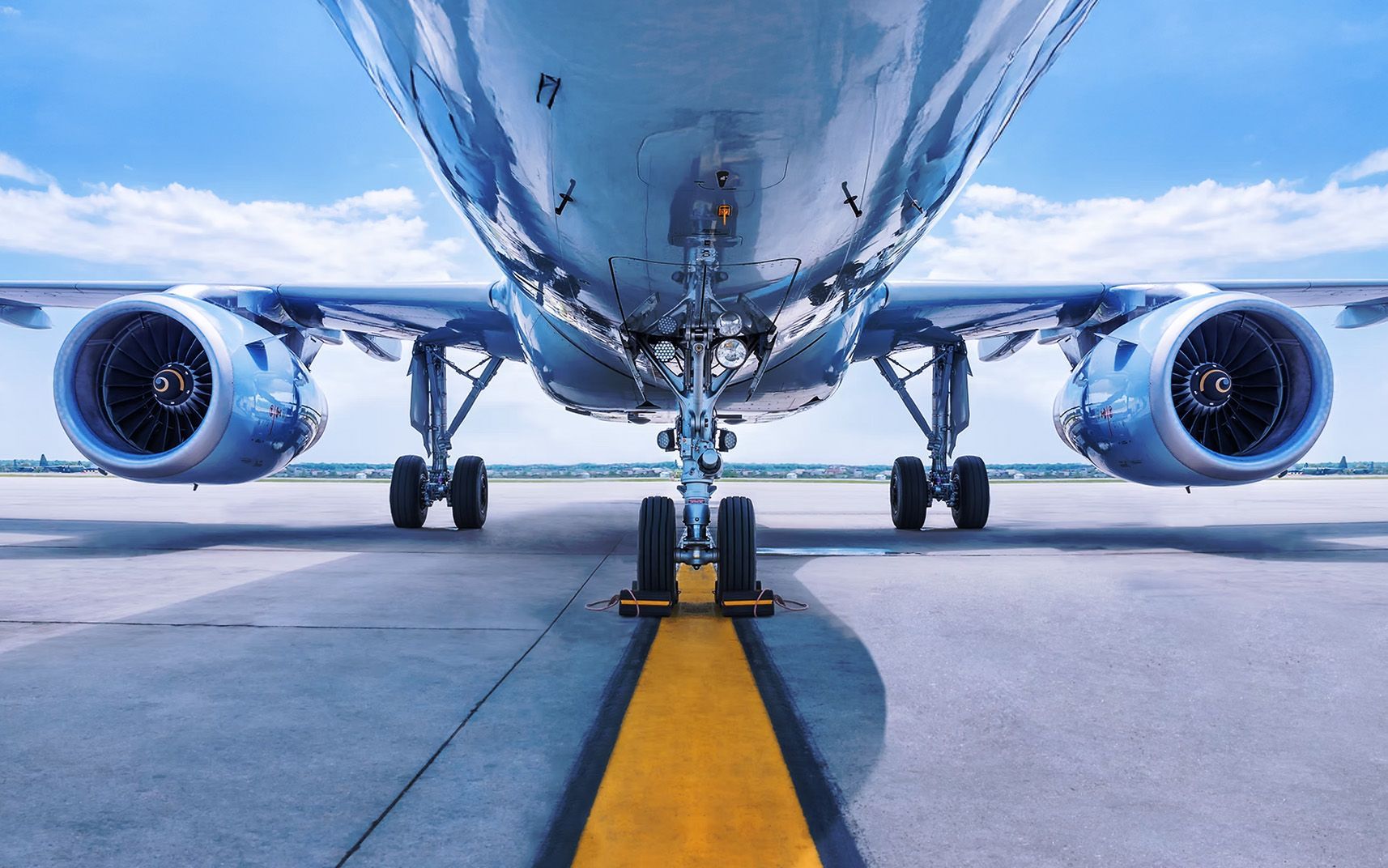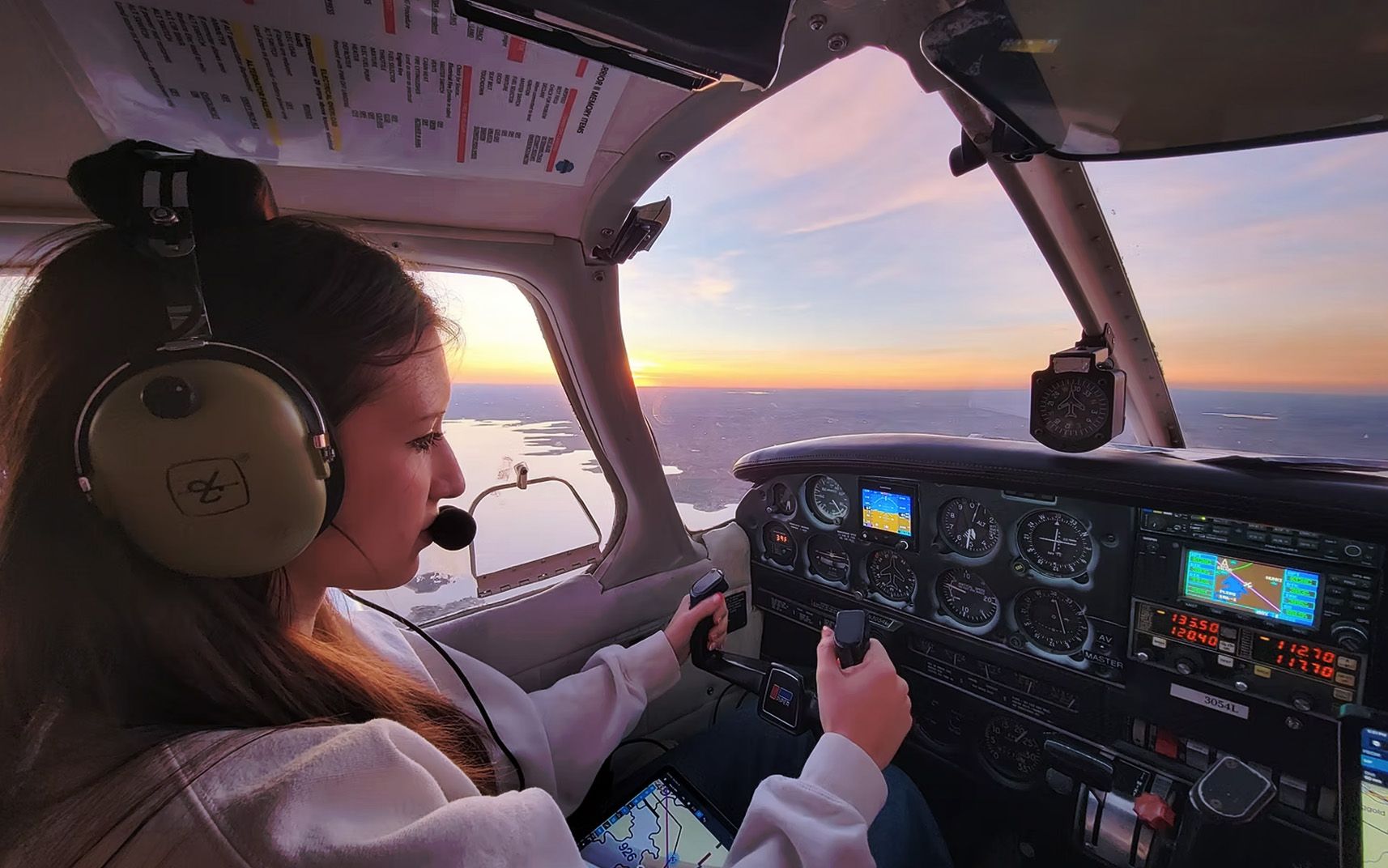How to Become a Commercial Pilot in Dallas
Share this article
Step 1: Meet the Basic Requirements
To start commercial pilot training, you must meet FAA (Federal Aviation Administration) requirements:
✔ Be at least 18 years old
✔ Hold a private pilot license (PPL)
✔ Pass an FAA medical exam
✔ Be fluent in English
If you do not have a PPL, you will need to complete private pilot training first.
Step 2: Choose a Flight School
Select an FAA-approved flight school in Dallas that offers structured training.
Key factors to consider:
✔ Fast-track programs to complete training sooner
✔ Experienced instructors for hands-on learning
✔ Modern aircraft and simulators for realistic training
✔ Flexible schedules to fit your availability
At Nationwide Aviation, students can go from zero experience to a commercial pilot career in as little as 9 months.
Step 3: Complete Commercial Pilot Training
You must complete 250 flight hours and gain advanced skills.
Training includes:
✈ Aircraft control and maneuvers
✈ Instrument flying and navigation
✈ Night flying and cross-country flights
✈ Emergency procedures
✈ FAA regulations and safety protocols
Our training program ensures students develop confidence and skill in all areas of flight.
Step 4: Pass the FAA Exams
To earn a Commercial Pilot License (CPL), you must pass two exams:
✔ FAA Written Exam – A multiple-choice test on aviation rules, weather, and navigation.
✔ FAA Checkride – A real-world flight test with an examiner to assess your skills.
Nationwide Aviation provides exam preparation and hands-on training to help students succeed.
Step 5: Gain Flight Experience
Airlines and aviation companies require pilots to log 1,500 flight hours before hiring.
Ways to build flight hours:
🚀 Become a Certified Flight Instructor (CFI) – Teach students while gaining experience.
🚀 Fly charter or cargo flights – Earn hours by transporting goods or passengers.
🚀 Join corporate aviation – Fly private jets for business clients.
Our program helps students secure flight hour opportunities through instructor training and aviation partnerships.
Step 6: Start Your Career
Once you meet the flight hour requirement, you can apply for pilot jobs.
Career options include:
✔ Regional and major airlines
✔ Corporate and private jet companies
✔ Cargo and freight airlines
✔ Flight instruction
Dallas is home to many aviation employers, making it a great place to start a pilot career.
Why Choose Nationwide Aviation?
At Nationwide Aviation, we provide:
✔ Accelerated training to earn your license in as little as 9 months.
✔ Industry connections for job placement
✔ Flexible scheduling for busy students
✔ Hands-on instruction with expert pilots
Are you ready to start? Schedule an introductory flight today and begin your journey to becoming a commercial pilot.
Recent Posts
